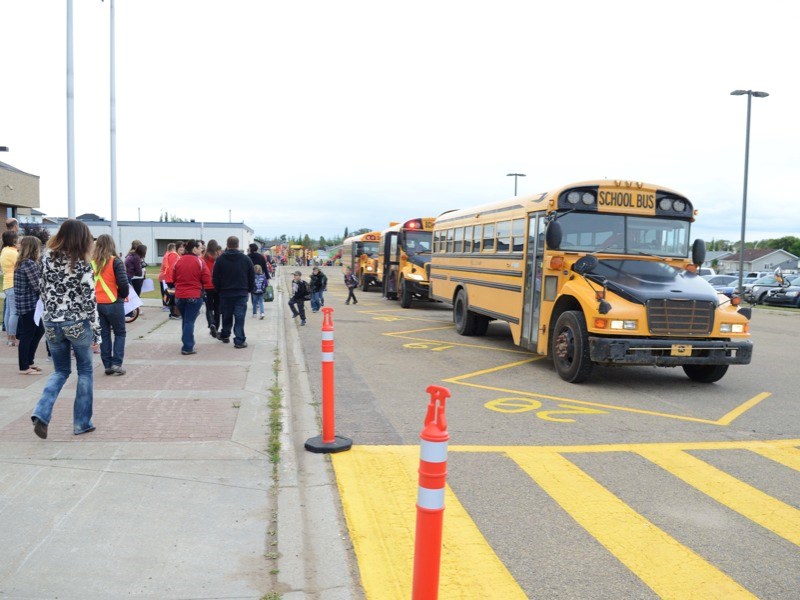Pollution Probe along with RFS Energy, Mobility Futures Lab, and Southland Transportation Ltd. have released the results of a study on electric school buses in Calgary.
The study spanned from September 2022 to June 2023 where a single Blue Bird electric school bus drove 81 times across three different routes to practice a full school year of trips.
Researchers measured the range, energy intensity, and impact of temperature on the Blue Bird electric school bus to determine a precise picture of how electric school buses could be more established.
The results of the study also provide areas for future research or consideration for schools.
According to the results, researchers found that reduced noise and fumes from an electric bus improved the drivers’ overall experience. Electric school buses also have 21 per cent less total cost of ownership compared to diesel buses in Alberta.
However, researchers discovered that the equipped battery with a 155 kWh life could potentially run into logistical issues that other buses would not. Due to its shorter fuel life, electric buses would occasionally need to stop after morning or afternoon routes to recharge on certain routes.
The researchers also introduce social equity grounds that recommend collaboration with schools to fully understand existing socioeconomic inequities.
The electric bus’ average energy intensity increased by 33 per cent during the winter due to an increase in heat use which subsequently lowers vehicle range as well. Researchers say the solution is to plan for mid-day recharges and preheating before routes, but it is another limitation against diesel buses.
Limitations and comparisons to traditional school buses are important for analysis according to the study, but qualitative factors such as community education, stakeholder agreements, and organizational change management are even more important for the acceptance of electric school buses as applied research continues.




